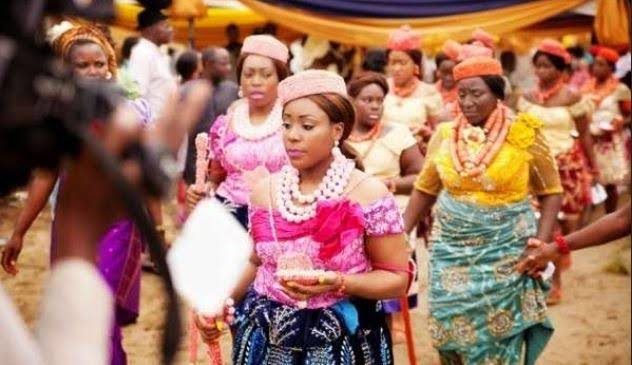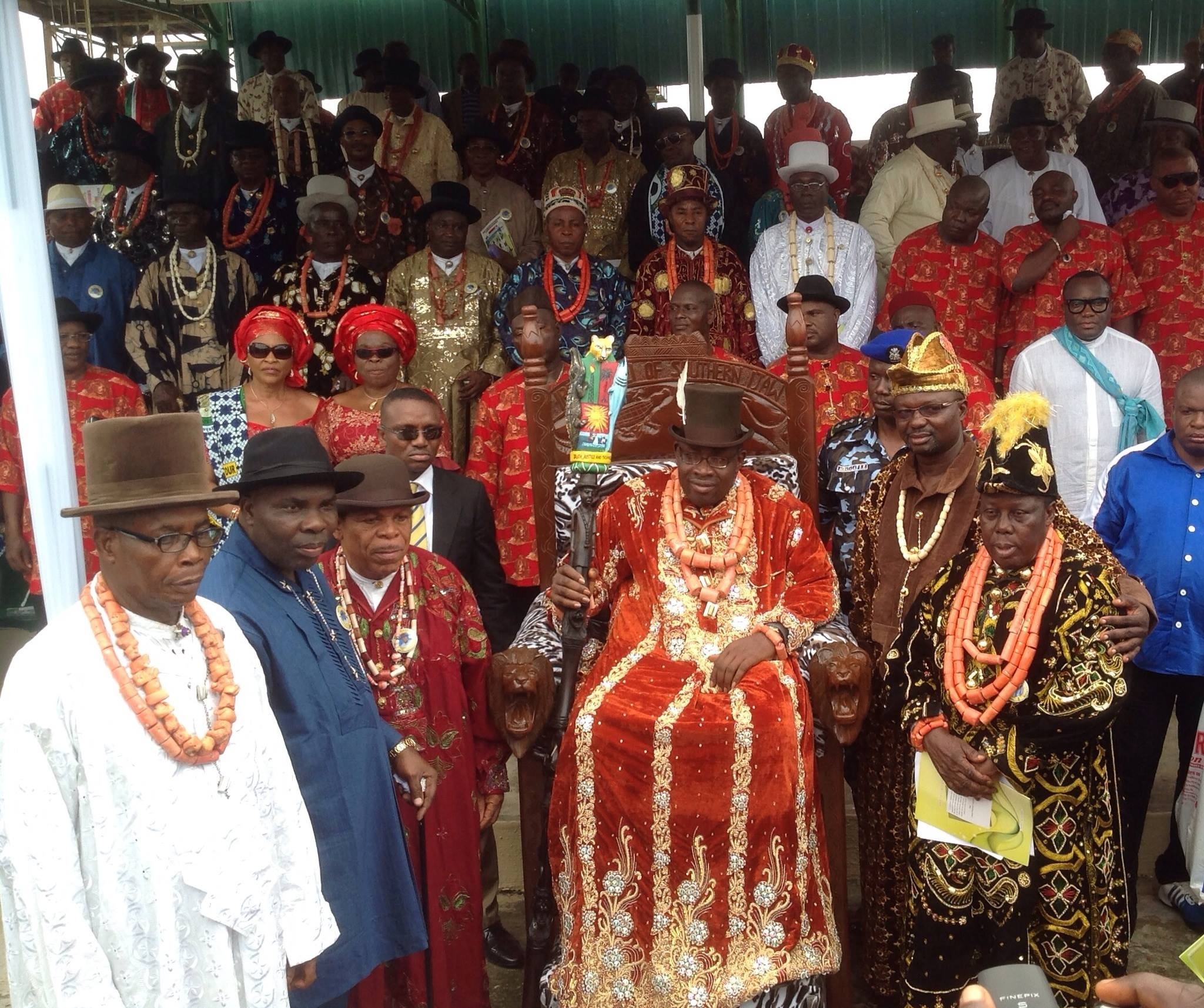By Grace O
Rivers State is one of the 36 states in the Federal Republic of Nigeria. As the name implies, the state is surrounded by numerous water bodies. The capital and major city is Port Harcourt, described by the residents as “Garden City” which is sometimes used to describe the whole state.
Rivers State was created on the 27th day of May, in 1967 out of the Eastern Region, under the leadership of the then Head of State General Yakubu Gowon. This was in line with the agitation of the minorities that were vying for autonomy because of political marginalization, economic depravity, and environmental degradation.
The state is located in the Southernmost region of Nigeria in the Niger Delta and has Abia, Imo, Akwa Ibom, Bayelsa, encircling it. It is regarded as the fifth most populous state in Nigeria, after Lagos, Kano, Oyo, and Kaduna, and Katsina States.
Rivers state is regarded as the Treasure Base of Nigeria as it is an oil-rich state which has contributed to the revenue of the government. This post will be throwing more light on the major ethnic groups in the state.
The Major Ethnic Groups Highlighted
Just like every other state that has various ethnic groups, Rivers states consist of different ethnic groups with diverse cultures, languages, and belief systems. The state comprises 23 local government areas but there are three major ethnic groups which are; Ikwerre, Ogoni, and Ijaw, while the others fall under minority groups.
The land surface can be divided into two parts; the Upland area is dry land which covers 61% of the landmass and the Riverine area that consists mainly of water bodies that cover up to 31% of the state.
The Ogoni People
The Ogoni people are part of the ethnic group situated in the Upland region of Rivers State. It is made up of Eleme, Khana, Gokhana, and Tai local government areas.
They are considered immigrants from ancient Ghana who made the eastern Niger Delta their home. The Ogonis are a multilingual-speaking tribe with Gokhana being the predominant language.
They are farmers by occupation who have contributed immensely when it comes to agricultural products in the state.

They are notable for their cassava, yam, and palm oil cultivation which they also trade. They are also known for livestock herding and fishing, given the fact that they have mangrove swamps around them too.
They have experienced quite a setback over the years from oil spillage that has affected their lands adversely, making it difficult for them to grow their crops, the waters were contaminated with waste products which killed most of the aquatic lives.
When it comes to their beliefs, some of them are into traditional practices where they pay homage to their deities and the other sets are mainly Christians.
The Ikwerre People
The Ikwerre people are mostly regarded as part of the Igbo people with whom they share names, culture, and language. Most of the people trace their ancestry from Awka, Arochukwu, and Orlu.
While an average Ikwerre will argue against being Igbo, the history book doesn’t side with them and it seems that whatever turned Umuodara to Rumuodara and Umuokoro to Rumuokoro turned Igbos in Rivers State to Ikwerre.

The Ikwerre people are also occupying the Upland area of Rivers State just like the Ogonis. It is made up of seven local government areas: Akpor, Aluu, Elele, Emohua, Igwurruta, Isiokpo, and Obio. The Ikwerre people are renowned farmers. Some still uphold their traditional practices, alongside Christianity which is their predominant religion.
Just like the Ogoni’s they have large oil wells and are the producers of a large number of crude oil in the state with so many companies situated in the area.
The Ijaw People
The Ijaws who are also called “Izon” are the ethnic group in the riverine area of Rivers state. They are found in Delta, Bayelsa, and Rivers state majorly and a handful of them could also be found in parts of Akwa Ibom, Edo, and Ondo state.
The tribes that make up the Ijaw people in Rivers State include Abua, Andoni, Bille, Bonny, Engenni, Kalabari, Ke, Kula, Nkoro, Okrika, and Opobo. They have different languages that some are similar but their main language is Izon.

The Ijaw people are famous for their fishing expeditions and boat carvings which is no surprise as they are situated around water bodies and the rain forest. They are mainly fishermen and traders, given the fact that they had contact with the Western world when they came to Nigeria, which exposed them to the slave trade.
Their meals consist of seafood like prawns, oysters, fish, clams, periwinkles, and the likes of yams, plantains, palm fruits, etc.
Their religious beliefs were predominantly worshipping water spirits like the Akasso, Owuapu, and Odum. When Christianity was introduced, some of them embraced it while others continued with their traditional practices with a tiny percentage being Muslims.
Connect with us on Twitter
Post Disclaimer
The opinions, beliefs and viewpoints expressed by the author and forum participants on this website do not necessarily reflect the opinions, beliefs and viewpoints of Anaedo Online or official policies of the Anaedo Online.

